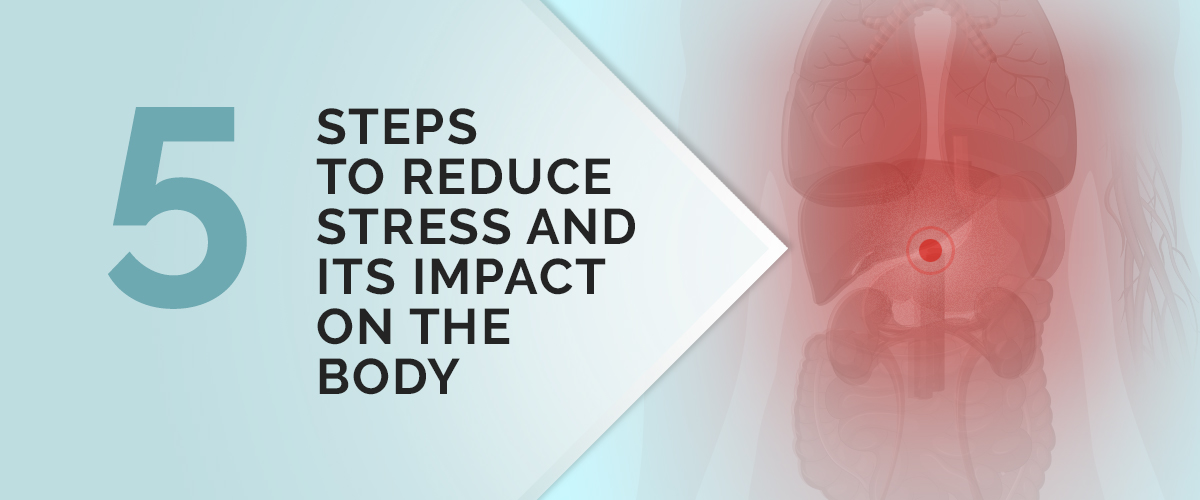
Title: The Effects of Stress on Your Gut—and How You Can Address It
Life races by. With work deadlines, family duties, and the occasional surprise setback, many of us find ourselves in a nearly constant state of tension. While some stress is a typical aspect of life, persistent or severe stress can adversely affect your body—particularly your digestive system.
If you’ve experienced symptoms like indigestion, nausea, or bloating during periods of anxiety or stress, you’re not imagining a connection. The gut and brain constantly communicate, and when your mental state suffers, your digestion frequently reacts in kind. Here’s why this occurs—and what actions you can take to help maintain a calm gut, even amid life’s challenges.
The Gut-Stress Link
The connection between your digestive system and your brain isn’t merely coincidental. It’s controlled by what researchers refer to as the gut-brain axis—a complicated web of nerves, hormones, and gut microbiota that connects your emotional and cognitive functions with your intestines.
When you experience stress, the body shifts into “fight or flight” mode. This survival response triggers a spike in stress hormones like cortisol and adrenaline while sidelining non-critical functions—including digestion. This transition results in several effects:
– Decreased blood flow to the digestive system
– Changes in stomach acid production (which can result in heartburn or indigestion)
– Disruption of intestinal muscle contractions (leading to cramping, diarrhea, or constipation)
– Dysbiosis in gut bacteria (resulting in inflammation and impaired nutrient absorption)
Chronic stress can even aggravate or lead to the onset of conditions like irritable bowel syndrome (IBS), ulcers, and food sensitivities. For many, this creates a frustrating loop: stress provokes gut issues, which in turn generate additional stress.
How to Calm Your Gut in Times of Stress
Luckily, you can take preventive measures to lessen the digestive repercussions of stress. Here are several actionable strategies to bolster gut health, even when life becomes overwhelming:
1. Engage in Deep, Mindful Breathing
When stress strikes, shallow breaths can intensify anxiety and digestive distress. Mindful breathing interrupts the stress response by activating your parasympathetic nervous system—effectively signaling to your body that it’s time to relax.
Try this: Breathe in slowly through your nose for a count of four, hold for four seconds, then exhale through your mouth for a count of four. Just a few minutes daily can yield noticeable improvements.
2. Stay Active
Exercise doesn’t just promote fitness—it serves as an effective method to manage stress and aid digestion. Physical activity stimulates intestinal contractions, diminishes inflammation, and regulates stress hormones.
Whether it’s a brisk 30-minute walk, a gentle yoga session, or dancing to your favorite songs, find an enjoyable activity and incorporate it into your self-care regimen.
3. Eat for Digestive Wellness
Stress eating is a reality—and regrettably, processed or sugary comfort foods can exacerbate gastrointestinal symptoms. Instead, fuel your body with foods that support gut equilibrium:
– Leafy greens and fiber-rich fruits to enhance digestion
– Whole grains and legumes to promote regular bowel movements
– Fermented foods like yogurt, kefir, or kimchi to restore beneficial bacteria
– Anti-inflammatory options like berries, turmeric, and fatty fish
Remember to stay well-hydrated as well—water plays an essential role in facilitating smooth digestion and preventing constipation.
4. Focus on Sleep
Poor-quality sleep can elevate stress hormones and negatively impact gut health. Aim to maintain a consistent sleep schedule and establish a peaceful pre-sleep routine that includes minimizing screen time, enjoying herbal tea, or engaging in gentle stretching.
5. Prioritize Enjoyment and Relaxation
It’s easy to neglect self-care when life gets busy, but even small doses of daily happiness can benefit your gut and lift your spirits. Try:
– Taking a stroll in nature
– Listening to soothing music or a beloved podcast
– Journaling or reading
– Practicing meditation or mindfulness
The objective isn’t to eliminate stress completely, but to foster resilience—both mentally and physically.
When to Consult a Professional
If your digestive issues become chronic, intense, or interfere with your daily activities, it may be time to seek advice from a healthcare professional. Gastroenterologists like Dr. Donna Powell and Dr. Renee M. Marchioni Beery specialize in diagnosing and treating conditions that connect the digestive system to overall health and can provide insights on symptom management in light of stress and lifestyle influences.
Key Takeaway
Your gut is more sensitive to stress than you might believe, and caring for your mental health is crucial for maintaining a healthy digestive system. By adopting simple daily practices—such as mindful breathing, physical activity, and nutritious foods—you can support your gut through even the most chaotic periods. And if your symptoms continue, pursuing medical guidance can pave the way for relief and long-term recovery.
Remember, nurturing